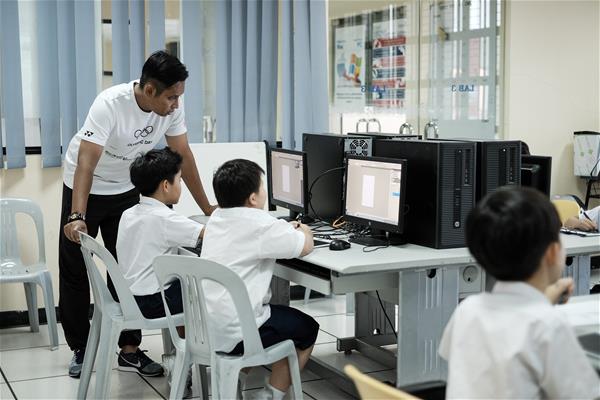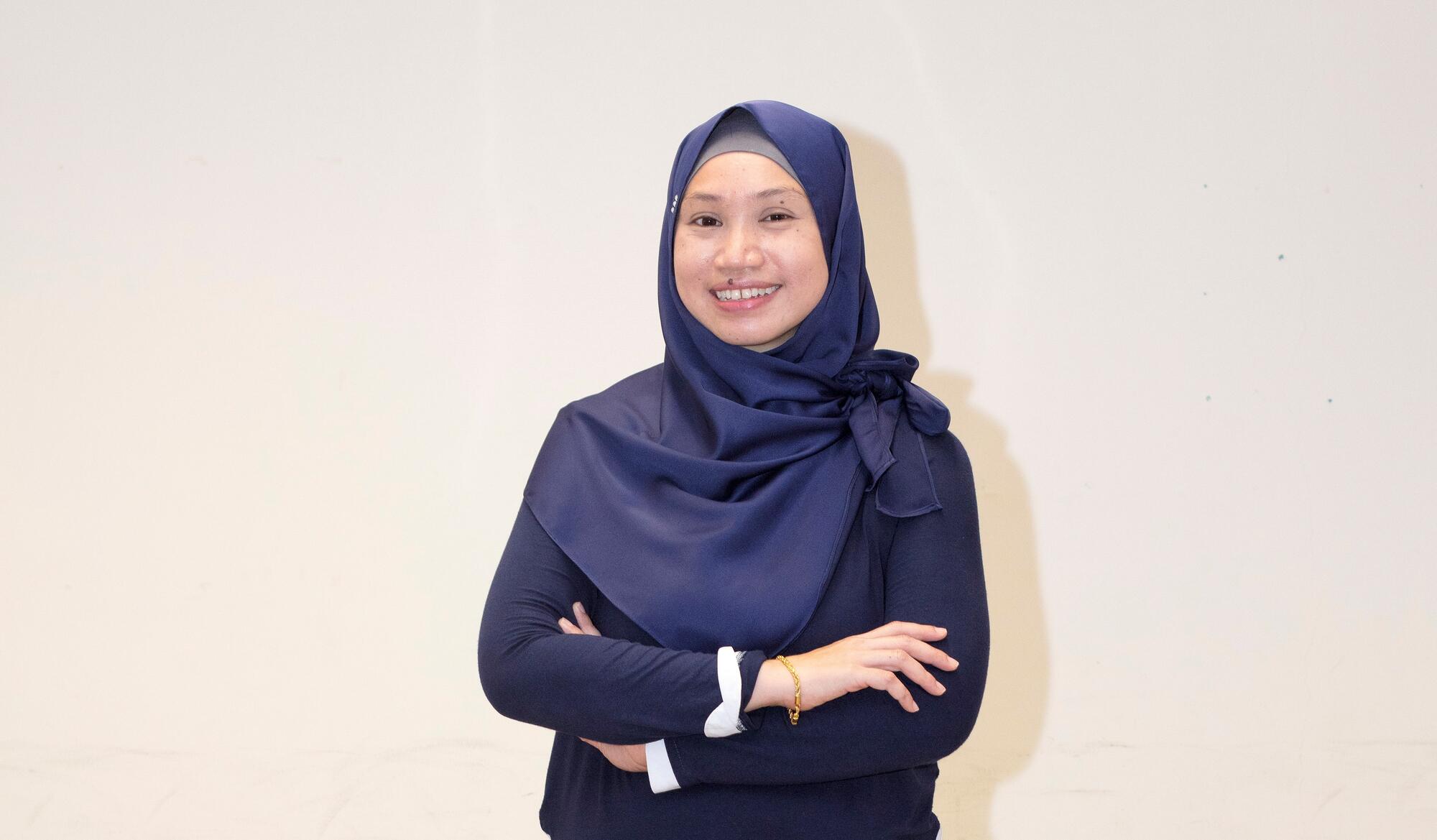Every child have the right to a good education, equal life chances and opportunities for the future. These rights should not be different for a child with special needs and they could do so with good support from parents, teachers, friends as well as resources in schools to deliver the education. Mr Mohammad Azhari Bin Basiran, an Allied Educator (AED) at Rosyth School shares his experience and perspective on helping students with special needs in mainstream schools.
An overwhelming start
Azhari recalled his first day of teaching 8 years ago as overwhelming because he did not know his students well. He sought help from his colleagues and other professionals to give him the insights and background of every student he had to work with. The background information he received helped him to adapt to his students quickly. Azhari identified the students’ strengths and weaknesses and tailored his communication and guidance to help them function at a heightened level. He believes strongly that every child is special and if given the right guidance, they will have the motivation to focus on their strengths and talents.
“I did a research on what they were good at as well as areas which needed improvement and made sure that they were able to understand me. It gave me a better understanding on how to support these children in terms of their academics and social interactions,” he said.
Behavioural issues & ground rules
While identifying each of his student’s strengths and weak points, he also assessed and addressed their behavioural issues. He introduced and established behavioural ground rules, so that the students would be able to develop a sense of responsibility and ownership.
“I ensured that every student is involved during the crafting of daily rules and reminders,” he said.
The students acknowledged and followed the rules that were set out. They also participated in the customised programme where Azhari designed a specific routine that he and the students would practice every day.
“I would start the day by having a casual conversation of about 15-20 minutes with them. We discuss about their previous day experience at home and the different things they did. During the session, the students would normally question their agenda for the day,” said Azhari.
This served to comfort the students and also a reminder of what they would be doing throughout the day to meet the expectations that has been established.
Tailored for success
Special needs students get irritated from changes in their routine easily and this may cause them to be upset and have meltdowns in school. Having a routine in the customised programme helps to ease the students’ anxiety and as a result, they displayed fewer problematic behaviours.
“It helped them to be better prepared for school on a daily basis,” he said.
The students learned how to control their own behaviour rather than relying on Azhari to correct or advise them.
A significant part of his customised programme was also built around communicating with the students in a manner that helped to build their self-esteem and confidence.
“Students with special needs require a safe, routine and conducive environment to learn. They strive better with daily assurance and a familiar routine before they feel safe to learn,” said Azhari.
Sharing of ideas
Azhari shared his techniques with his colleagues. Together as a team, they refined their teaching practices.
“The constant discussion we have as a team helped our students greatly. The more we understand every child, the more we are able to connect to them and deliver the lessons efficiently. It takes time, but the investment is definitely worthwhile,” he said.
“Sharing my experience with my fellow colleagues in supporting the students with special learning needs brought back memories of how they have developed and grown through the years. It was a personal and professional growth for myself as an AED,” said Azhari.
Encouragement goes a long way
Azhari also advise for parents to work closely with the school to help their child. Parents may lack the background and experience to address their child’s learning needs. Different set of ground rules and teaching methods may create a confusing environment for the child. Therefore, it will be beneficial for them to work with the school to address issues related to the child’s special needs consistently.
“It helps if parents are open to discussion with school leaders and counsellors,” said Azhari, adding that special needs students require more attention when it comes to their emotional well-being and urged parents to encourage their children to persevere in learning by taking small steps.




7e3680a7a8a66eb2afccc900c73e6f2e.jpg)

